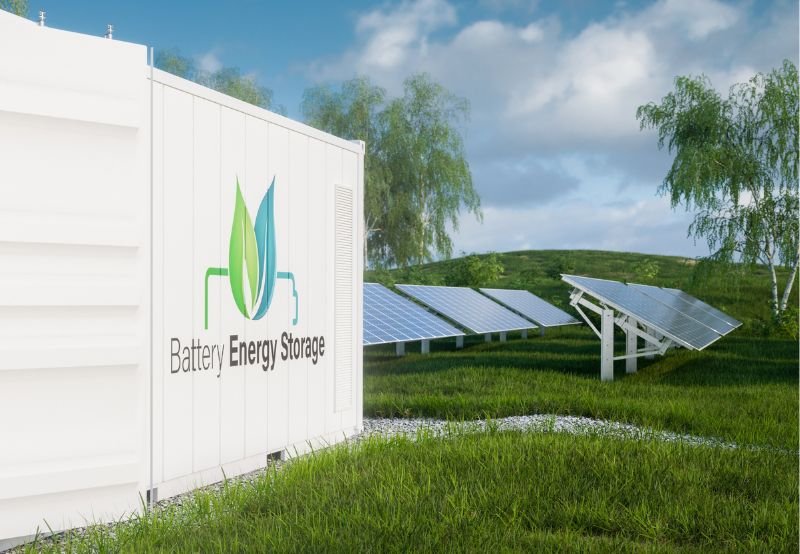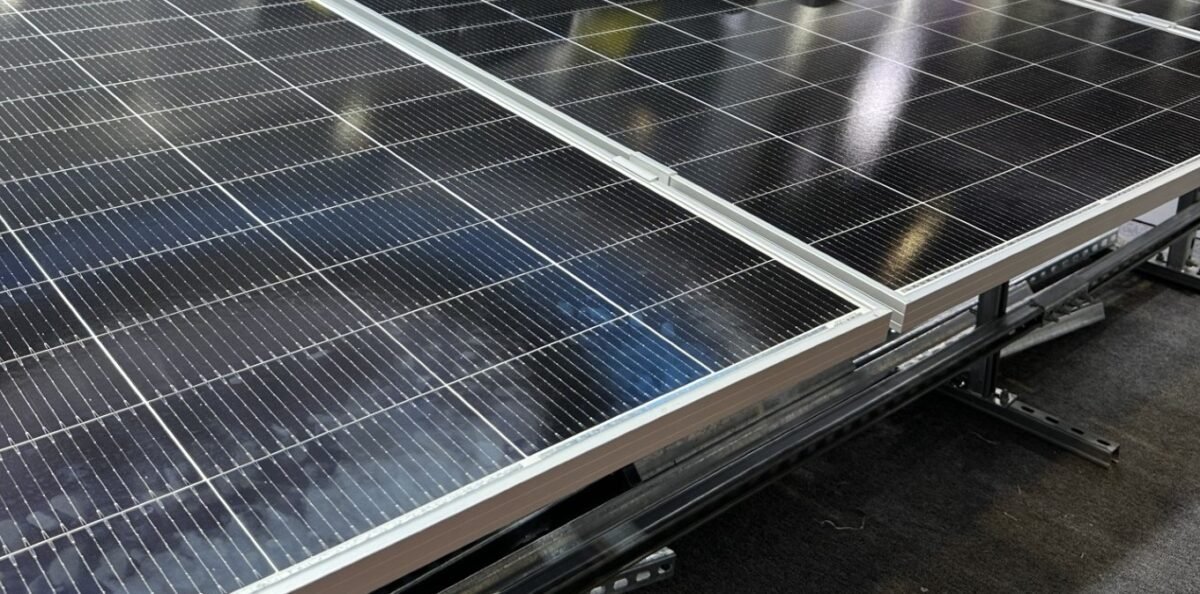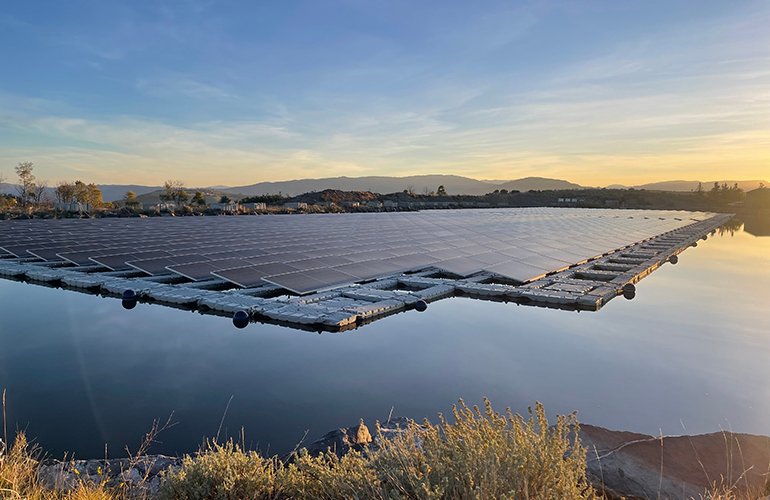ENGIE Proposes Solar Grant Reforms to Address Africa’s Energy Crisis
Over 600 million Africans lack reliable electricity, exposing flaws in traditional funding models. ENGIE Energy Access introduces groundbreaking reforms to streamline solar financing across the continent. This innovative approach could be the key to bridging Africa’s energy gap.
$12 Billion Annual Funding Shortfall
The International Energy Agency reveals sub-Saharan Africa requires $12 billion yearly to meet energy demands. ENGIE’s research shows 60% of clean energy funds disappear in administrative layers before reaching solar installations – a system as ineffective as “band-aids on a broken dam.”
Three Critical Grant System Flaws
- Short-Term Focus: Most grants cover just 12-18 months vs. solar projects’ 5-7 year payback period
- Restrictive Requirements: Donors dictate equipment choices, ignoring local conditions
- Bureaucratic Overload: Kenyan developers spend 40% of grants on compliance paperwork
ENGIE’s Performance-Based Solution
ENGIE’s white paper proposes:
- Milestone-driven funding (e.g., payouts at 100 household connections)
- Tiered financing for startups vs. established players
- Local currency guarantees to prevent Zambia/Ghana-style currency crash impacts
These changes could stretch existing funds 30% further, as demonstrated in successful solar financing models.
Field Results: Rwanda & Côte d’Ivoire
Pilot programs prove the model’s effectiveness:
| Metric | Old Model | ENGIE Approach |
|---|---|---|
| Installation Speed | 9 months | 4.5 months |
| Cost per Connection | $420 | $290 |
| System Uptime | 82% | 94% |
Success stems from flexible equipment selection like Canadian Solar’s award-winning EP Cube, chosen to match local conditions.
Combatting Corruption
ENGIE implements blockchain-tracked disbursements with local oversight committees. In Tanzania, this reduced fund leakage by 67% compared to traditional methods.
Economic Ripple Effects
Improved energy access creates unexpected benefits:
- 20% higher margins for solar manufacturers on Africa projects
- Expansion opportunities for microgrid operators
- 3-5 additional daily operating hours for women-run businesses
The Road Ahead
With COP28 commitments looming, ENGIE’s proven model offers policymakers a practical, scalable solution. As demonstrated in global solar success stories, strategic funding can transform Africa’s energy landscape.






